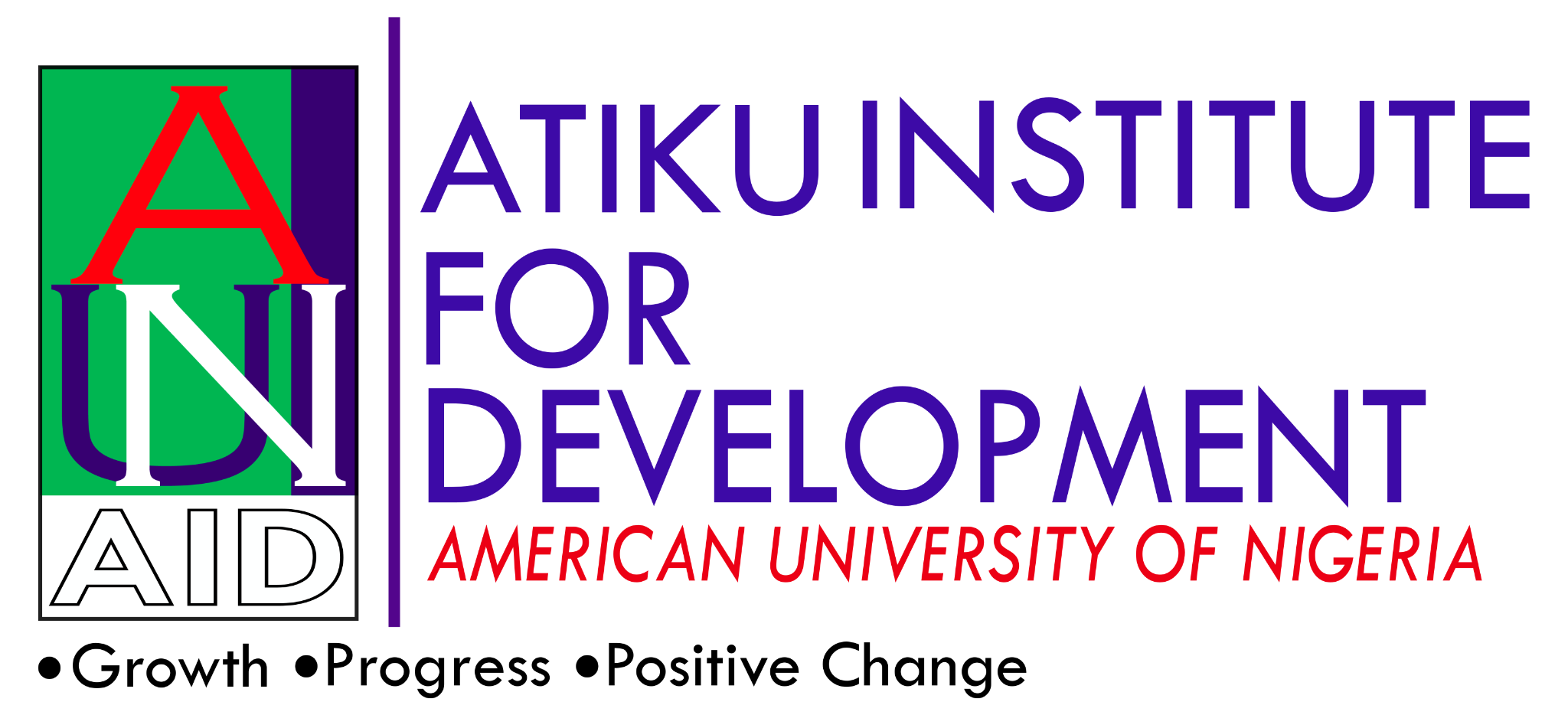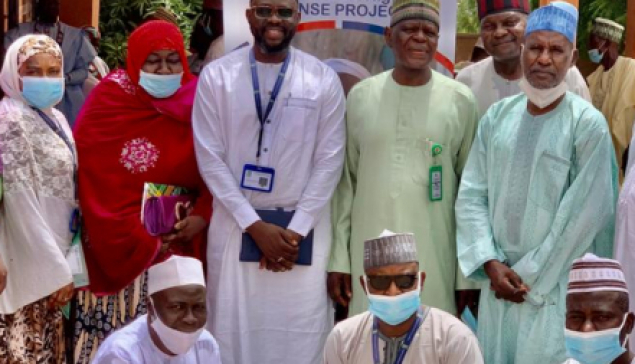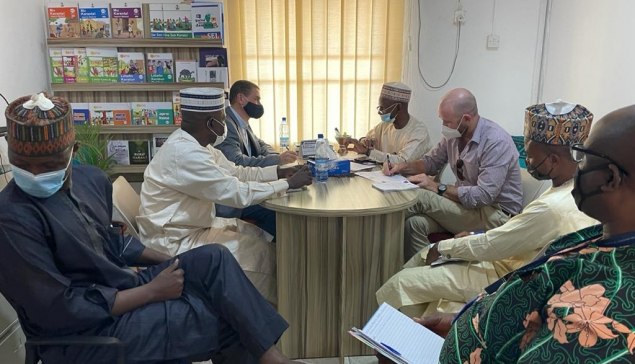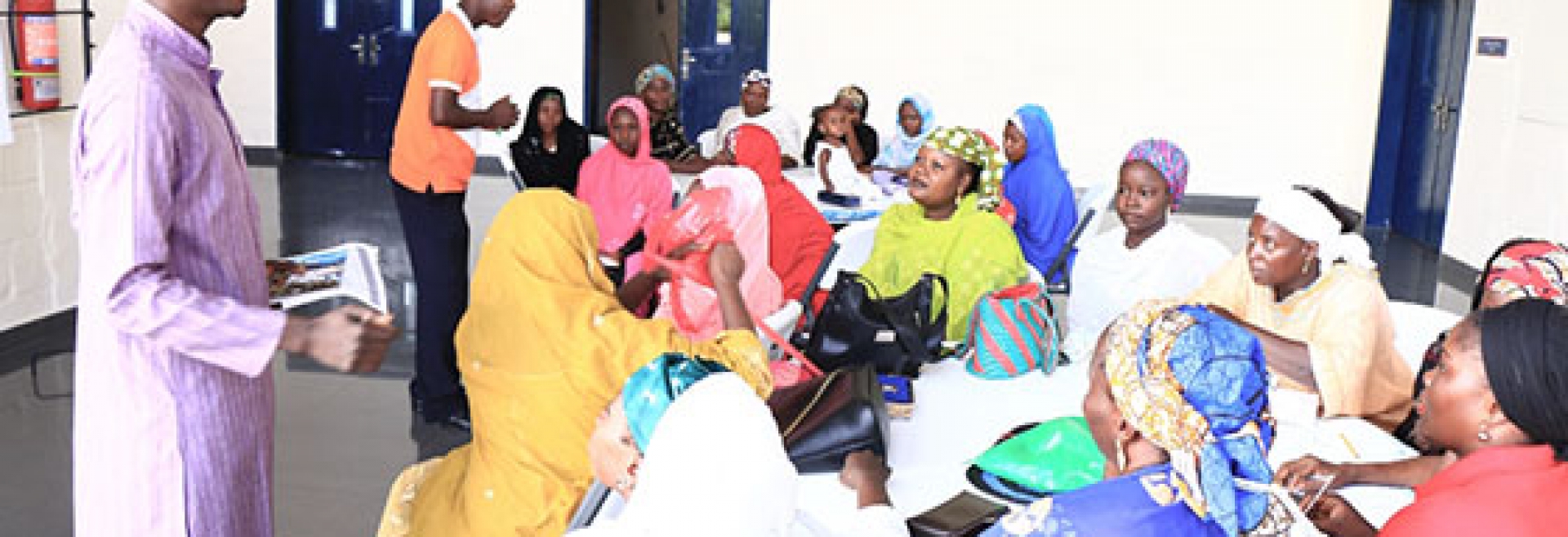
200 Adamawa Women Learn Financial Literacy Through UN-AUN Partnership
On July 18, AUN started the implementation of the ₦40 million grant that was received from the UN High Commission for Refugees under the “Protection Through Livelihoods Project.”
In this first phase, 200 women, who have already been taught useful skills through AUN programs, are being trained in financial literacy. The women are from the Waste to Wealth and Creating with Threads project as well as IDPs who were trained last year under the first initial partnership between the University and the High Commission for Refugees.
The Project Consultant, Ms. Jennifer Che, said that the second phase of implementation will involve training a new set of IDPs who have returned to their homes in Michika.
On the ongoing financial literacy training, Ms. Che said that many of these women have never handled money before. She said it was noticed that they have started getting proceeds from the skills they were trained in, but do not plan for their expenditures. “To prevent this and have money to spend in the immediate future, they are being encouraged to save through this training.”
Each woman will be presented a certificate upon completion. This training will run for six weeks. The women will be trained in batches of three, each in two weeks (every Saturday). To ensure deeper understanding, the training is being done in Hausa. The trainers are staff members from the Standard Microfinance Bank in Adamawa State in partnership with AUN.
One of the training facilitators, Ms. Grace Pius Dah, Yola Branch Head of the bank, emphasized the need for the women to develop a savings habit. She told the women that it was important for them to understand that capital for their business is not meant to be spent, and when they get profit, they should put away a portion in the bank for the proverbial rainy day.
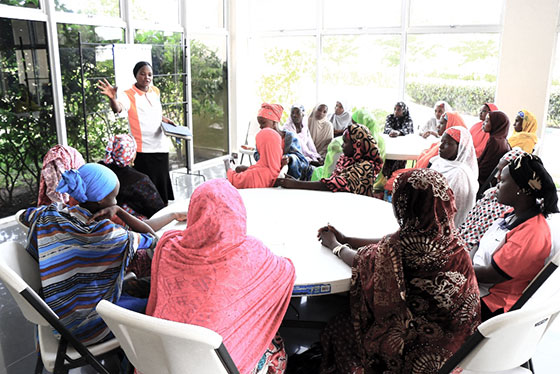
A cross-section of Adamawa women learning financial literacy in a program backed by AUN and the UNHCR
Ms. Dah also highlighted other benefits of savings with a bank, such as access to loans for their business, prevention from cash being eaten by ants, and earning interest on the savings. .
To be able to get profits from their businesses, she said, there is need for them to plan. This planning, she said, entails exploring the basic economic problem of what to produce, how to produce, and for whom to produce.
By Omorogbe Omorogiuwa
